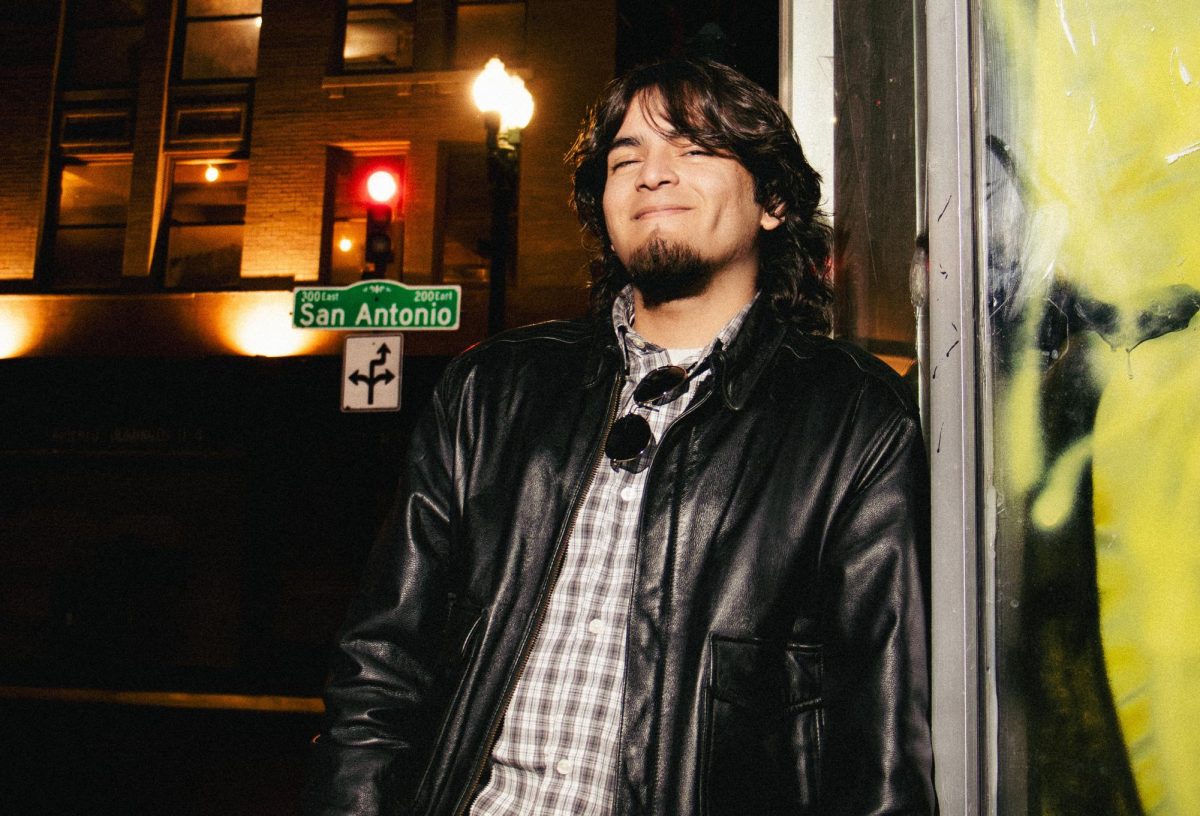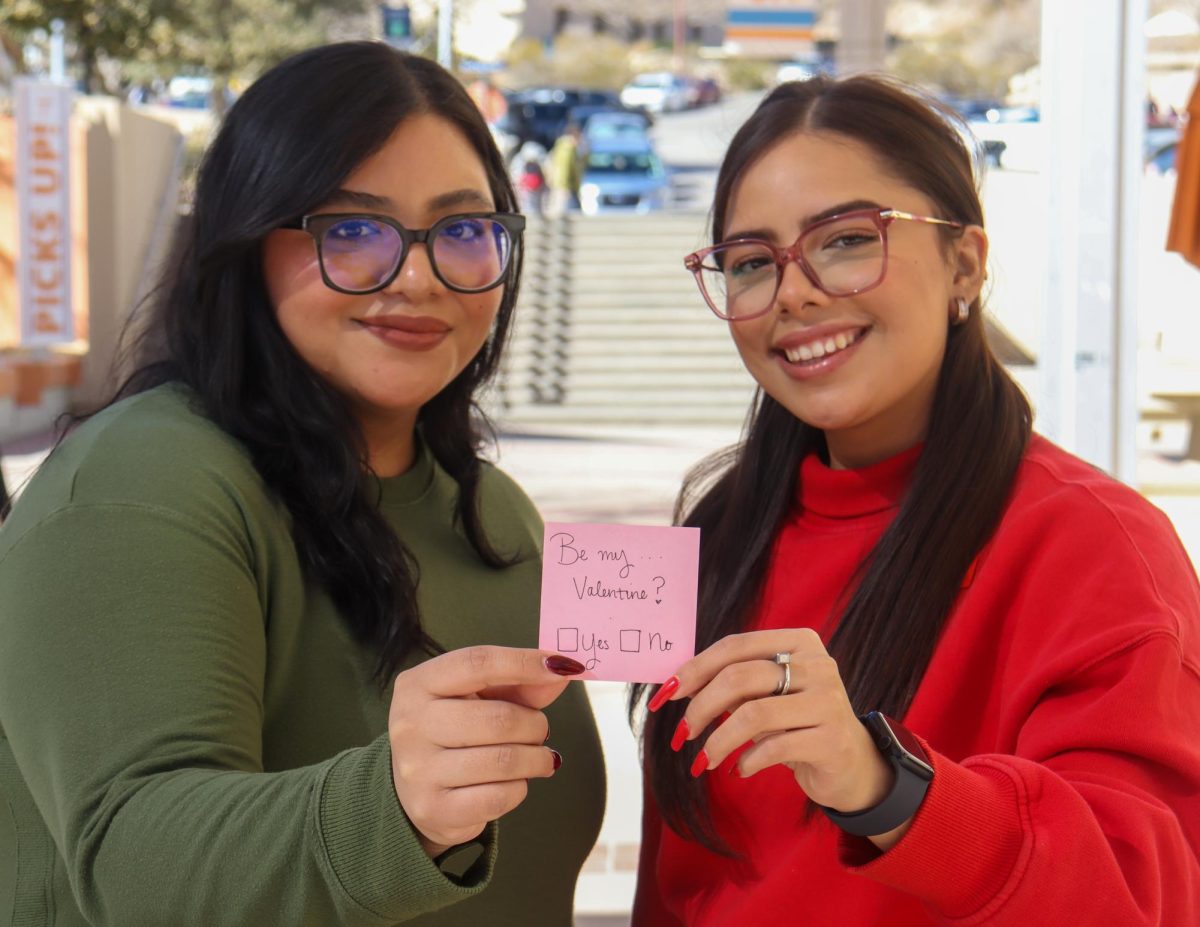I must have told at least 30 people that I was doing “pretty good” this weekend. No one really cares how you’re doing, not really, but it’s a necessary question to ask when greeting someone. That’s what it is now, a greeting.
It used to be a genuine question, an invitation to conversation, an honest investigation into your day, your well-being–How are you? You doing okay?–but how many times have both of you said that you were doing “good” and then ended the conversation?
Not that I want to tell you how I really am doing too, you know–especially in a crowded bar.
There’s no way to tell you that I cut myself chopping tomatoes for a hummus sandwich, started contemplating the fragility of life, and consequently I am existentially frightened.
Way too many questions come up. Who adds tomatoes to their hummus sandwich? Who makes hummus sandwiches? Am I missing a finger now? Are you responsible for my well-being now that I’ve shared this heavy emotion? It’s become customary to say that we are good or fine.
It’s almost impolite to say otherwise. To say how we are really doing, that a 10-page paper is looming over our heads or that we feel alone, is stealing the person’s time, who probably didn’t want to start a conversation to begin with. We cannot get used to this.
The American Spectator published an article titled “The Loneliness of American Society,” where a study done by Duke and the University of Arizona interviewed 1,500 individuals and found that one in four of them felt they had no one, including family members, they could confide in.
How is this possible when a dozen people ask us a dozen times throughout the day how we are doing? Why is it a reflex to respond that we are doing fine? We are used to being emotionally distant, sure, but we know we are also used to other people staying emotionally distant.
It’s inconvenient when a close friend drops a load on us even if we don’t mind. Things have to be pushed around.
Our five-minute cell phone check has to be broken, hugs have to be given and suddenly, asking how are you seems like the wrong question to ask. Maybe it is asking too much for strangers to share their true feelings, I get that.
But it isn’t a feat to realize what you’re saying, what you’re asking. Charles Bukowski wrote it best when it came to realizing there are lonely people out there, about a “terror of one person aching in one place alone, untouched, unspoken to, watering a plant.”
You’ve walked by these people, either in classrooms or walking into grocery stores, and asked them how they are doing, already expecting that they are doing fine. If we answered the question that’s being asked, we might get a glimpse of what that person is like.
We might just find out something about them, something like the fact that the person likes sliced tomatoes on their hummus sandwiches and owns a box of Adventure Time Band-Aids. Mike Vasquez may be reached at [email protected].




